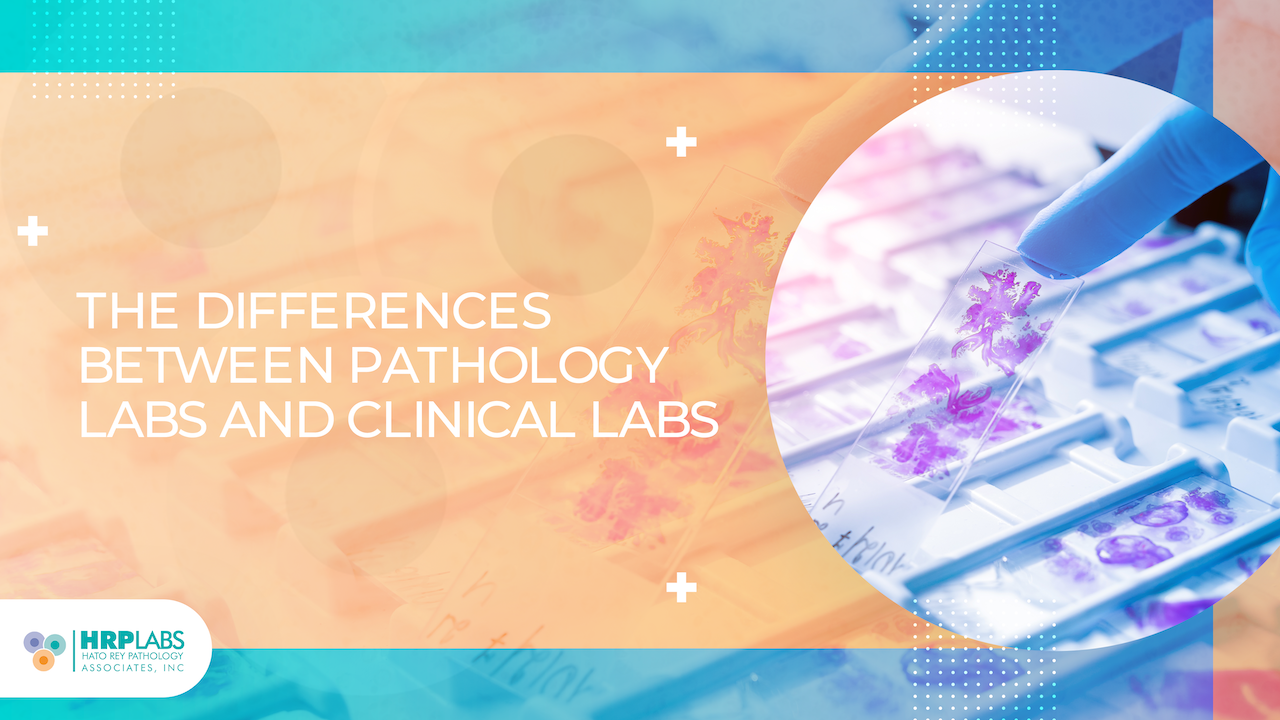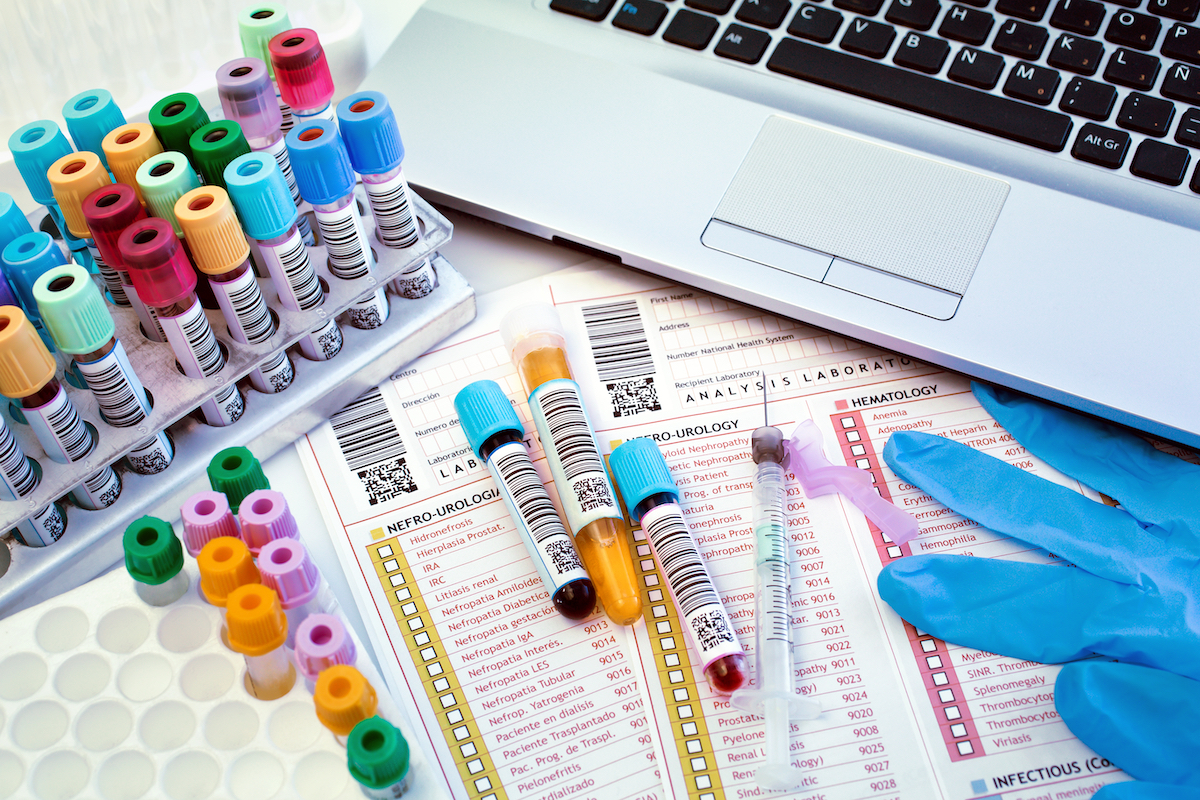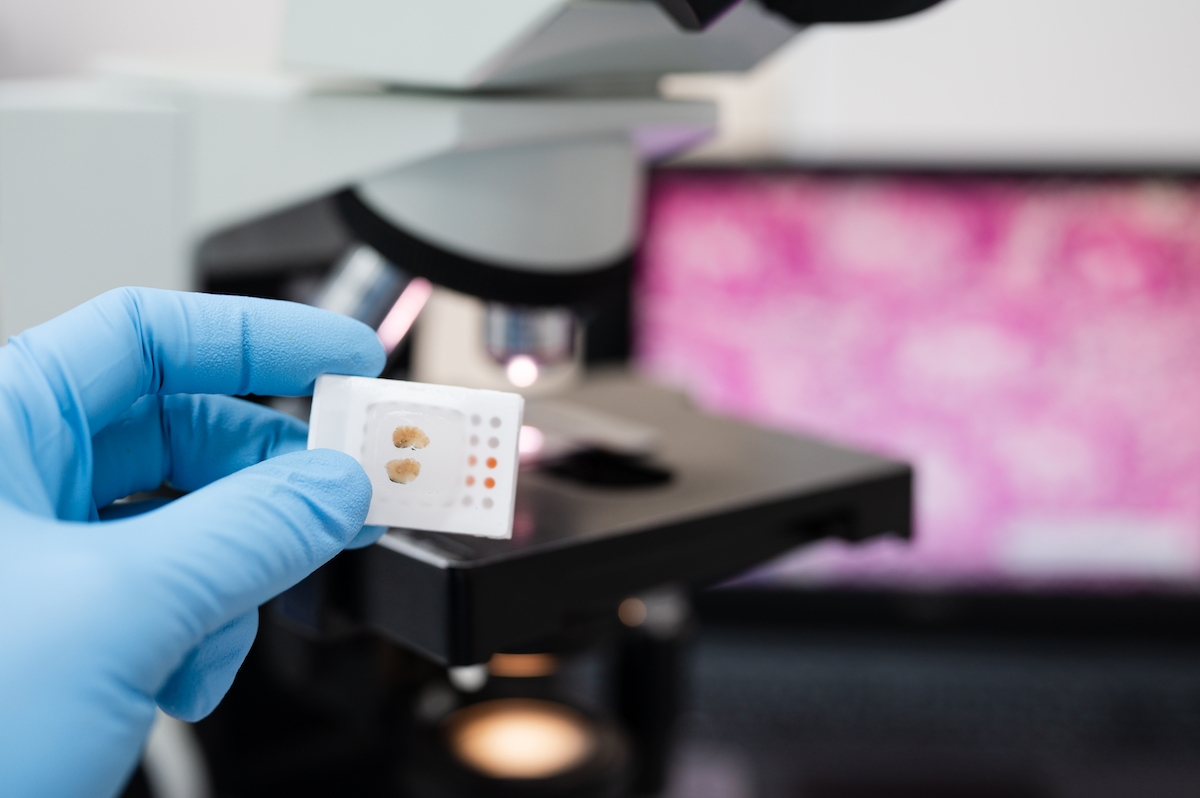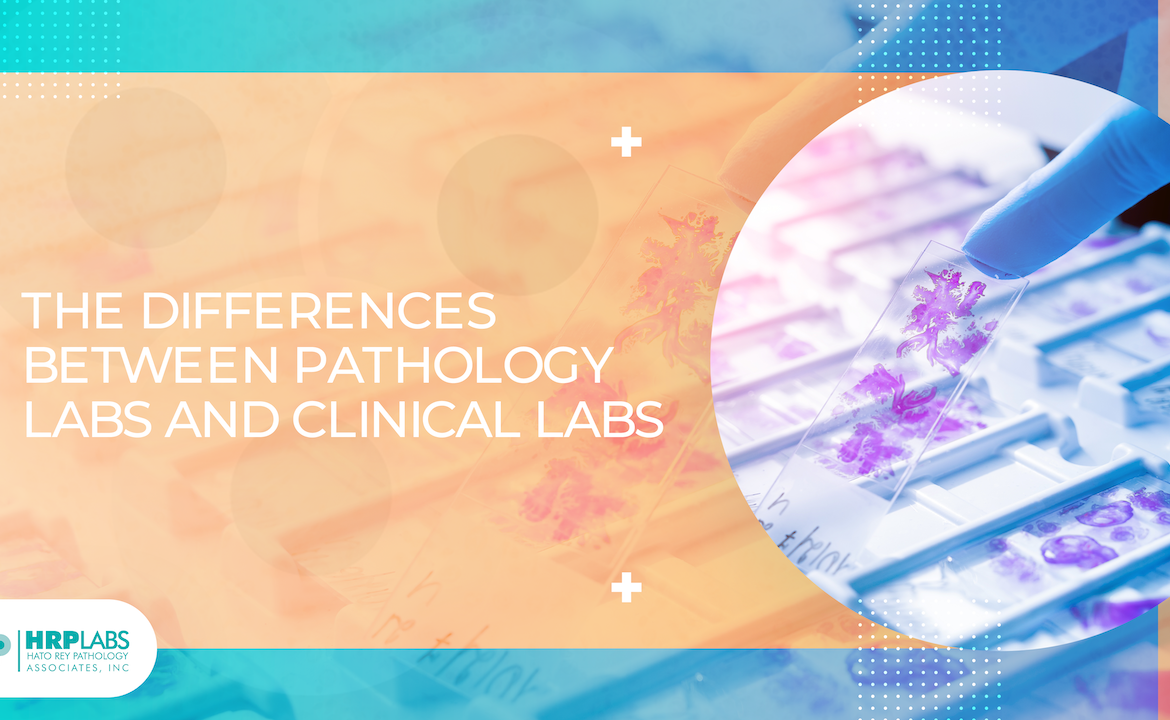
For most people, clinical laboratories and pathological laboratories can seem indistinguishable, and at their core, they do have a similar purpose: When a doctor needs to either confirm or rule out specific diagnoses it’s necessary to analyze samples, and both of these kinds of laboratories help with this. They perform tests on specimens to determine any possible issues, and this helps clinicians offer treatments and work on disease prevention.
However, while both these labs may work in tandem and their roles overlap, they are not one and the same! In this article, we will discuss several key differences between clinical laboratories and pathology laboratories.
Clinical Laboratories
Clinical labs study bodily fluids and other tissues through specialized processes. These tests can help determine the chemical composition of the sample, or if there are microorganisms present in it. Even though a clinical lab technologist cannot make a diagnosis by themselves, by analyzing what is present in the sample, they provide some of the necessary information that a clinical physician needs to guide their diagnosis and treatment.
Because bodily fluids need to be processed “fresh” and decompose easily, these labs don’t hold custody over the samples they study. They also offer faster results, due to the type of tests they run. Process automation further shortens their response times.

Pathological Laboratories
Before we continue, let’s define the term “pathology”. Pathology is the field of medicine that studies diseases. This includes what causes them, how they develop, and their consequences. Pathologists, as physicians themselves, use this knowledge to provide diagnostic, treatment, and prevention information to clinicians and patients. There are many types of sub-specialties under the field of pathology, such as gastropathology, immunopathology, neuropathology, hematopathology, different types of cancer (such as breast and lung cancers), and molecular pathology, among others. At HRP Labs alone we have specialists in several of these fields!
Pathological laboratories test for diseases by studying different kinds of tissue samples extracted through biopsies or surgeries, obtaining valuable information such as whether it is a benign or malignant (cancerous) condition, the type of tumor, their grade, the stage at which the disease is found, among other details, all of which provide prognostic, diagnostic, and treatment information that the treating physician can rely to further help their patients.

Unlike the samples processed at clinical laboratories, most samples received at pathology laboratories have preservatives added to them. This allows more tests to be performed with a single sample. Because of this, pathology labs are given custody of the samples they receive, as well as elements that can’t always be analyzed such as prostheses and amputated limbs. In certain cases, parts of the same sample can be sent to both a clinical laboratory and a pathology laboratory for the sake of a more thorough analysis.
Clinical and pathology laboratories can either function independently from each other as separate entities, or can both belong to the same head laboratory and be run by pathologists. HRP Labs is one such case, and it helps us stand out from labs across Puerto Rico.
At HRP Labs we work on each test with precision and excellence, to ensure an accurate diagnosis. For appointments and information, call (787) 723-2333. Email: customerservice2@hrplabs.com.

